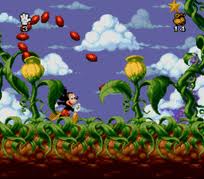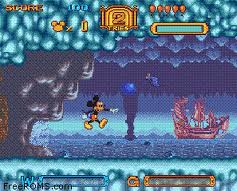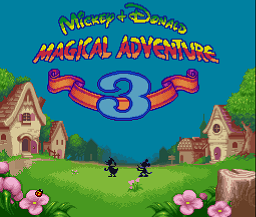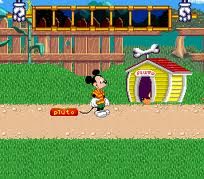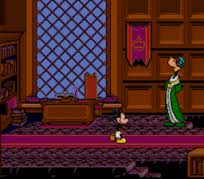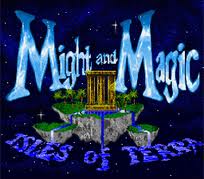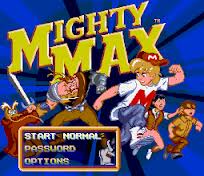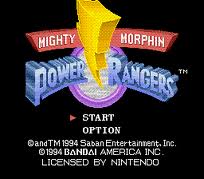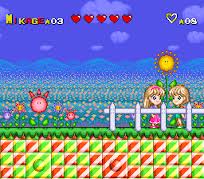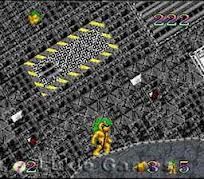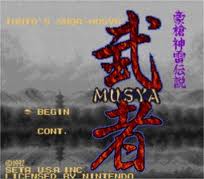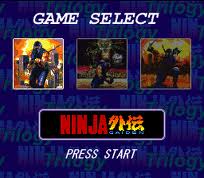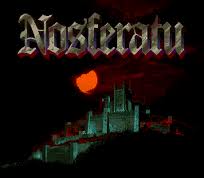Musya: Imoto's Saga or Musya: The Classic Japanese Tale of Horror, known in Japan as Gōsō Jinrai Densetsu Musya (豪槍神雷伝説「
Read moreMusya: Imoto's Saga or Musya: The Classic Japanese Tale of Horror, known in Japan as Gōsō Jinrai Densetsu Musya (豪槍神雷伝説「武者」 Gōsō Jinrai Densetsu Musha, roughly "Brave Spearman Jinrai's Legend - Warrior"), is a video game for the Super Famicom and the Super Nintendo Entertainment System by Datam Polystar. Seta U.S.A. translated the game into English.The name Musya is romanized by the English translators in the Kunrei-shiki style (Musya) instead of the Hepburn romanization style (Musha).The story is about a pikeman (described as a spearman in the Japanese version and a pikeman in the English version) named Imoto (Jinrai (神雷) in the Japanese version), who must descend to the abyss to save Shizuka, a maiden. After Imoto survives a battle in which all other combatants perish, he travels to Tengumura Village, where he collapses. The mayor, Akagi (The mayor is not named in the Japanese version), greets Imoto and tells him that Shizuka (しずか) needs to be rescued. Imoto heads into Tengumura Cavern (known in the Japanese version as Kihōshōnyūdō (鬼宝鍾乳洞)).Imoto, bearing 16 units of health (Qi (気 Ki, meaning "life energy")), dies when the health is depleted. He carries up to three lives (命 Inochi). The game starts with three lives; once the life count is zero and Imoto dies, the game ends.When Imoto defeats a boss, the words "monster defeated" (怨霊調伏 Onryō Chōfuku, "Vengeful Ghost Submitted") appear and the player gains a scroll containing a new spell.Musya uses Japanese kanji characters in various parts of the game to represent modes and levels. For instance, in the Japanese version of the game, the English-language word "Pause" is not used; instead the word Ippuku (一服, meaning "break" or "to take a break") appears from both ends of the screen. In the English-language version, the word "Pause" forms under the word "Ippuku," with the "Pa" under the "一" and the "Use" under the "服."


